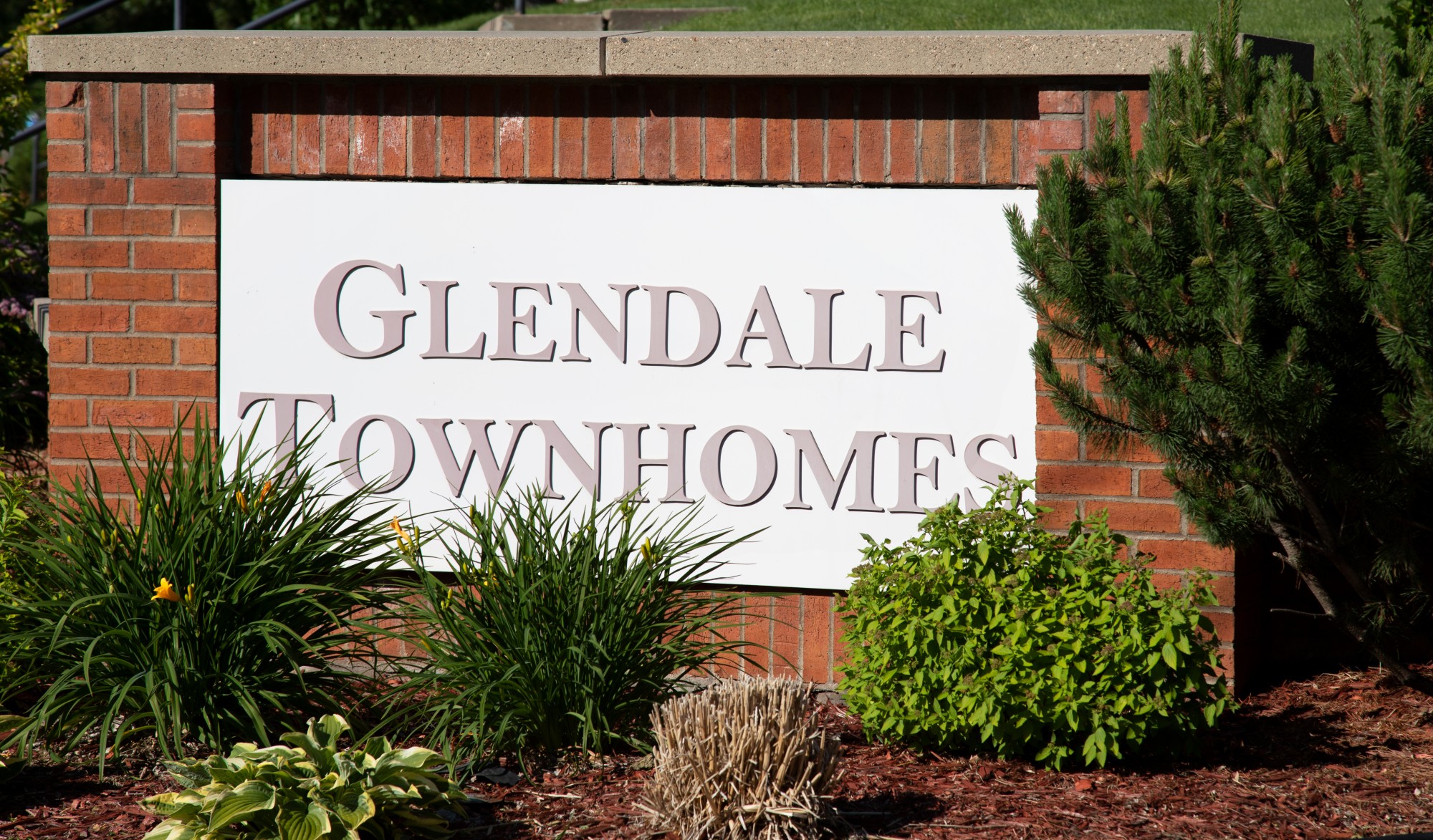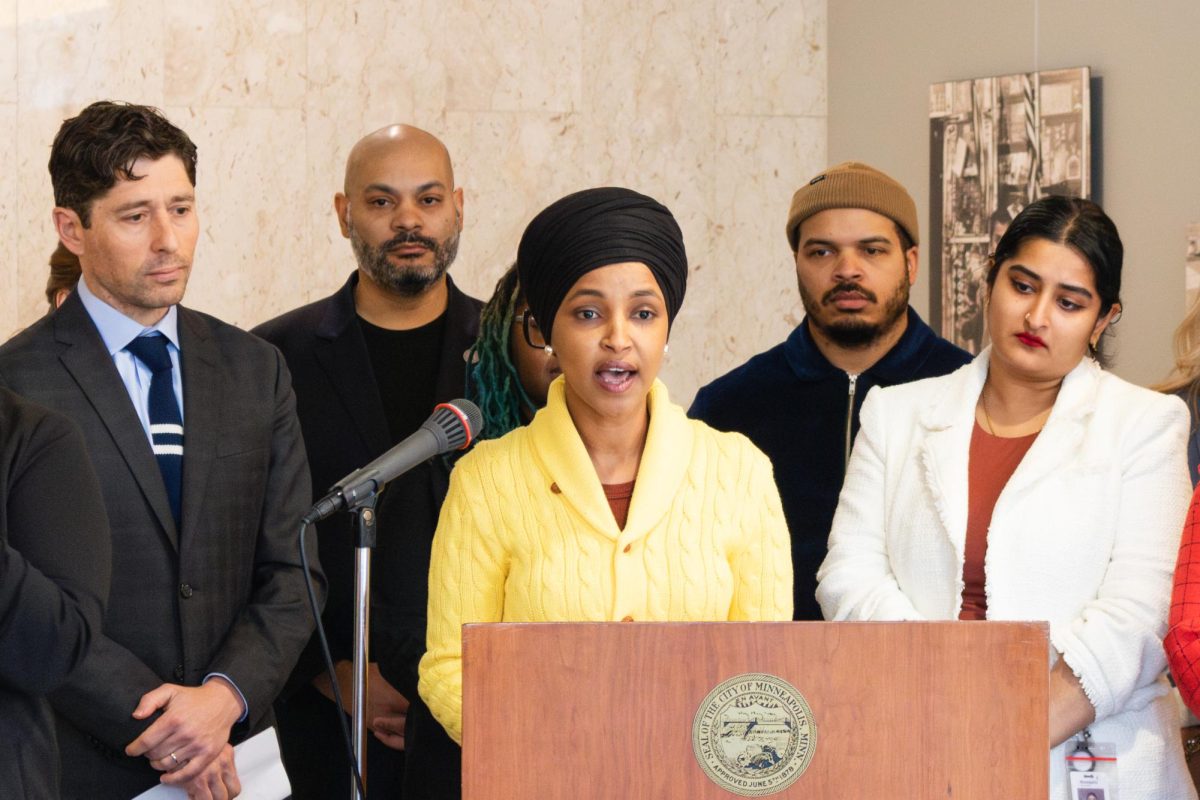Community organizers will begin giving out supplies — meant to curb the spread of COVID-19 — to public housing residents near the University of Minnesota as part of a larger project to help residents citywide.
The project, called Public Goods, was created by Defend Glendale and Public Housing Coalition, to provide aid to residents across the Minneapolis Public Housing Authority’s sites during the pandemic. Scattered sites, which mostly include MPHA-owned duplexes and single-family homes around the city, are the main focus of Public Goods. The Glendale Townhomes, located in the Prospect Park neighborhood near campus, are also included.
“Public housing residents are uniquely susceptible to COVID-19 because many people work still and are essential workers and have to work through the lockdown,” said Kaaha Kaahiye, an organizer with Defend Glendale and Public Housing Coalition. “Mutual aid is … important. It’s a way to provide for our communities in ways that our government and city won’t.”
Organizers will distribute masks, hand sanitizer, gloves, disinfectants and other supplies. Since its launch in late April, the project has raised over $51,000 for all residents included in the program as of Thursday, according to the Public Goods funding page.
Headwaters Foundation for Justice, a community-centered philanthropic and grant-making organization, regularly provides grants to Defend Glendale, including pandemic-specific aid this spring. The Public Goods project was a “brainchild” inspired by the COVID-19 aid, Kaahiye said.

In total, 924 scattered-site homes will be helped citywide. At Glendale, all 184 townhomes – including more than 600 residents – will receive aid. Kaahiye said a majority of public housing residents in the city of Minneapolis are Black, a group that has been disproportionately affected by the coronavirus pandemic.
Kaahiye said the project is needed due to the lack of sufficient aid by the MPHA for residents in scattered sites.
MPHA spokesperson Jeff Horwich said the authority acts mostly as a landlord but has stepped up to provide aid throughout its housing network. The focus was first on high-rise buildings because of greater density, but he said they have since started to provide additional aid to scattered sites and Glendale.
“MPHA welcomes and supports any efforts to bring extra support to families who live in public housing,” he said.
Samira Ali, social media and website manager with the Public Goods project, said scattered sites are often overlooked for aid because they are not located in highly dense housing, but they still house people who are vulnerable to the virus.
“We thought that launching this mutual aid fund would help directly,” she said.
Among those offering donations, neighborhood organizations have also pitched in to help provide funding for those living in scattered sites, like the Northside Neighborhoods Council — which represents multiple neighborhoods in North Minneapolis — and Prospect Park Association. PPA provided $2,000, while another neighborhood fund, the Prospect Park Co-Op Legacy Fund, provided $3,000 to the Public Goods project.
Jerry Stein, co-chair of the Community Building Committee with PPA, said the neighborhood wanted to be involved in the process and strengthen its connections with residents living in Glendale.
“We feel particularly responsible for providing support during the pandemic,” he said.
Providing funding aid is phase one of the neighborhood’s plan to help while the second phase is to follow up with residents to find out if the aid helped, Stein said.
Supplies will start being distributed to residents by next week. The organization is still collecting donations, Kaahiye said.
“I’m very excited to see what happens and how more we can support our community,” she said.












